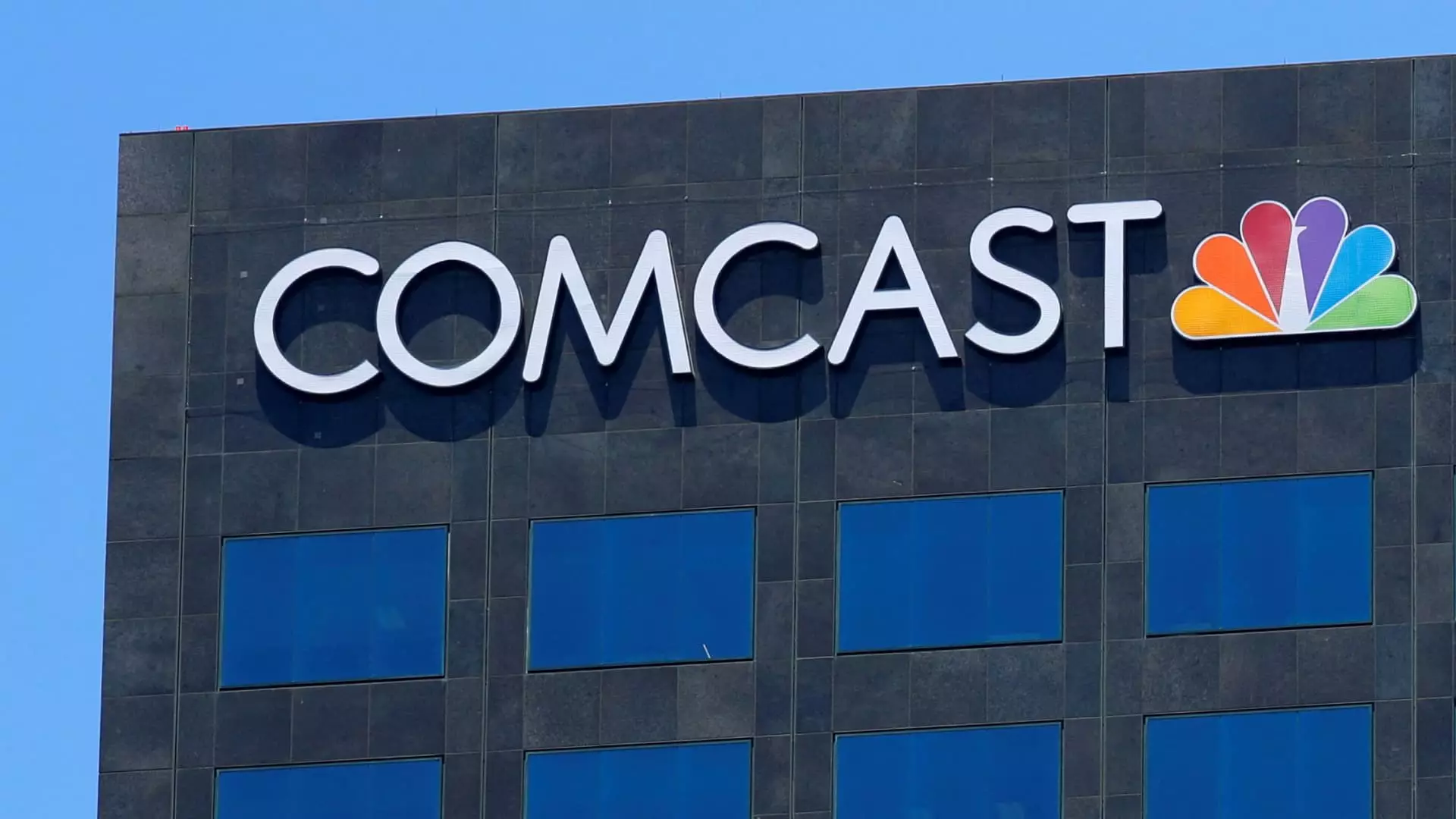In a significant move signaling a transformation within the traditional media landscape, Comcast is set to pursue a spinoff of its cable network channels, as reported by sources familiar with the situation. This decision, which comes amid an ongoing trend of consumers migrating away from conventional pay-TV subscriptions and toward on-demand streaming platforms, reflects a broader strategy to remain competitive in a rapidly evolving media environment. The anticipated timeline for the completion of this spinoff is approximately one year, indicating a carefully calculated approach to the logistics involved.
Leadership in the New Entity
At the helm of this new entity will be Mark Lazarus, the current chairman of NBCUniversal’s media group. His appointment reflects Comcast’s intent to maintain experienced leadership during this critical transition. Alongside Lazarus, Anand Kini, the Chief Financial Officer of NBCUniversal, will take a prominent role as both CFO and operating chief of the newly formed company. This indicates that Comcast is committed to retaining key talent from its existing structure to ensure a smooth and effective spinoff process.
Interestingly, while Comcast Chairman and CEO Brian Roberts will retain a voting stake in the new company, he will not have an official role within the board or as an officer. This separation of governance could potentially pave the way for more agile decision-making and adaptability in responding to market changes, a crucial asset as the manageability of cable networks comes into question.
Shifts in Network Control and Future Opportunities
The decision to divest from its cable networks is not merely a reaction to the decline of traditional viewership; it also opens up a range of strategic options for Comcast going forward. By establishing these networks as an independent entity, they can explore mergers with other media companies or even consider sales to private equity firms. This flexibility suggests that Comcast is prioritizing long-term growth and strategic alignment over keeping the cable networks directly under its umbrella.
Moreover, this spinoff allows the newly formed entity to benefit from a share structure mirroring that of Comcast, ensuring financial stability during the transition. While the decision to spin off cable networks may suggest a retreat from traditional broadcasting, it could also indicate a transformation into a more focused business model that concentrates on specific audience needs and market demands.
The recent spinoff comes against the backdrop of a significant shift in viewer habits, with millions of consumers choosing to cut the cord as they embrace streaming services. Under the leadership of Comcast, there has been notable investment in the NBCUniversal streaming platform, Peacock, which aims to capture a portion of the burgeoning digital audience. The potential for cable networks to generate revenue remains, highlighted by Comcast’s media segment reporting a staggering 37% increase in revenue during the third quarter, largely bolstered by events like the Olympics.
Nonetheless, the spinoff reiterates Comcast’s awareness of streaming’s intrinsic value and its need to adapt. It suggests a shift toward a more diversified strategy that accounts for both linear and digital viewers, while maintaining lucrative properties within its ecosystem.
Despite a downturn in traditional cable subscriptions, the potential for profitability remains evident. Comcast’s reported revenue gains signal that traditional media still possesses valuable assets that can be monetized effectively. The transition will involve complex discussions around licensing agreements, particularly concerning networks like CNBC and MSNBC in relation to NBC News. Appropriately navigating these negotiations will be crucial for the new entity’s success in building its identity and ensuring a continued competitive edge.
As this spinoff progresses, its impact on both Comcast and the broader media landscape will undoubtedly attract close examination. The company’s foresight in addressing the impending changes to consumer behavior and prioritizing capital allocation will shape its trajectory going forward.
While the spinoff presents uncertainties, it also encapsulates a strategic inflection point for Comcast. By embracing this evolution, the company may well position itself favorably for a future that balances traditional revenue streams with the agility needed to thrive in a streaming-dominated marketplace.

Leave a Reply